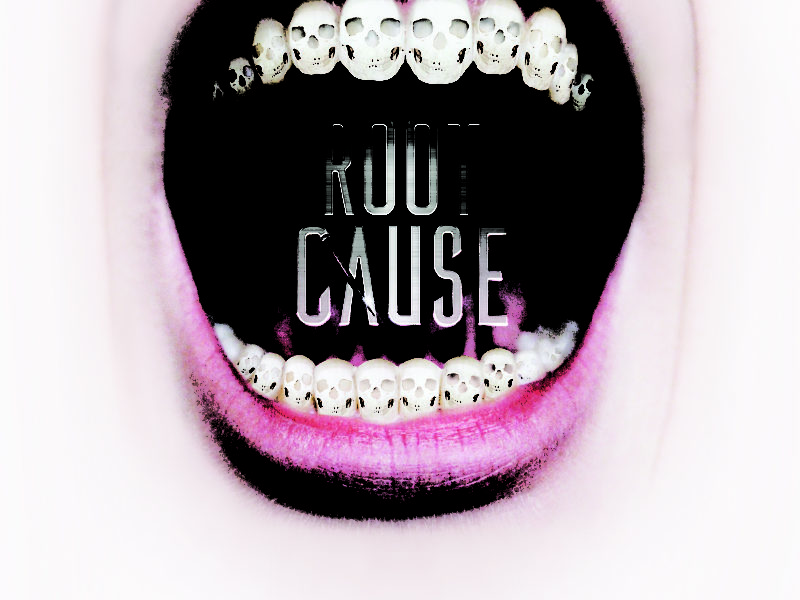The purpose of this study was to determine if other factors besides
community water fluoridation influences the dental decay rate in
children. Identical questionnaires were filled out by two groups of
parents, both with a sample size of 100, whose healthy children (ages
5-12) were patients of a pediatric dentist practicing in a
non-fluoridated water community. Group A had children with zero Decay
or Filled Teeth (DFT). Group B had children with at least five DFT.
Children were found to have a significantly lower dental decay rate (P
< 0.05) when:
- they consistently return for their six month dental
examination appointments after their initial dental visit at age one; - their parents realize which foods contain sugar;
- their parents
understand the importance of "baby teeth;" - their parents are not
hesitant to bring them to the dentist; - their parents go to the
dentist on a regular basis; - their parents do not have difficulty
disciplining them; - the child was are not "strong-willed" or
"hard-headed;" - someone does not appease (or "give in" to) them when
they get upset; - they do not live in a single parent household; and
- at least one parent achieves a higher academic educational level.
This study suggests that water fluoridation is not the only way to
prevent dental decay.
SOURCE: PubMed

'Hawaiis epidemic dental decay rate in children.' has no comments
Be the first to comment this post!